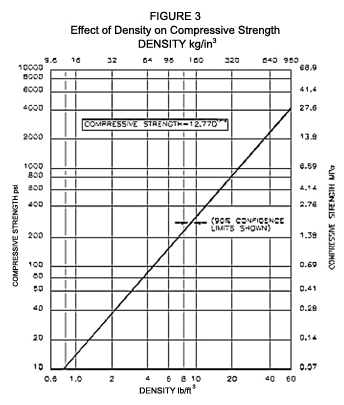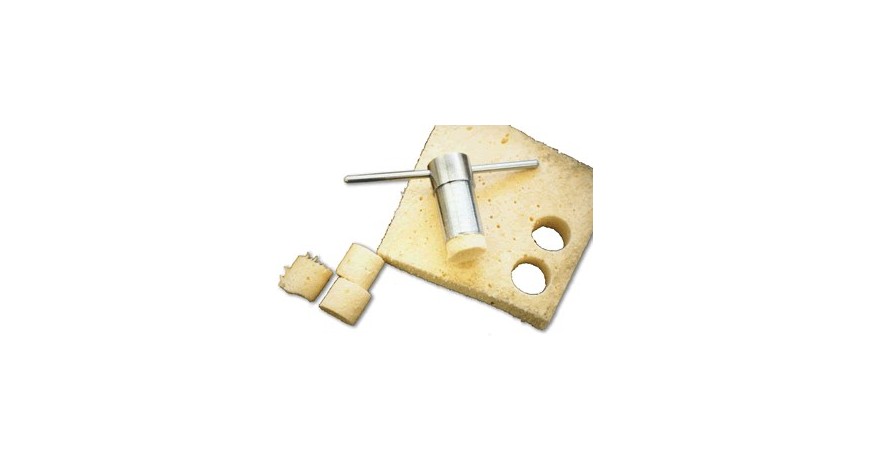Compressive Strength and Density
SPF is a, lightweight and resilient, foamed plastic composed of hydrogen and carbon atoms. The mechanical strength of SPF varies with its density. The most important mechanical property of SPF insulation and building products is its resistance to compressive stresses, which increase as the density becomes higher. Density varies when the amount of blowing agent (water content) changes. The density of polyurethane decreases with increase in water content SPF has a compressive resistance between 10 - 60 psi for most construction applications
ASTM C578, Standard Specification for Rigid, Cellular Polystyrene Thermal Insulation is a consensus based performance standard that was developed by producers of polystyrene foam, third party testing laboratories, regulatory agencies and building professionals in the North American region. It covers the types, physical properties, and dimensions of cellular polystyrene used as thermal insulation for temperatures from -65 to 165°F. ASTM C578 covers types of EPS thermal insulation currently available and the minimum requirements for the properties considered most important. Flexural strength and compressive resistance values are included. These values were determined based on C165, Test Method for Measuring Compressive Properties of Thermal Insulations and/or D1621 for Test Method for Compressive Properties of Rigid Cellular Plastics.
To meet the compressive resistance requirements specified in ASTM C578 polystyrene thermal insulation board must provide the following compressive strengths at 10% deformation when tested in accordance with ASTM D 1621.
Typical Properties - EPS Thermal Insulation Board for construction
| Property | Units | ASTM test | ASTM C 578 Type | |||
| I | VIII | II | IX | |||
| Density range | pcf | C303 | 0.90 | 1.15 | 1.35 | 1.80 |
| Compressive Resistance - at yield or 10% deformation |
psi | C165 or D1621 | 10 | 13 | 15 | 25 |
For foundation and wall applications in which the foam insulation bears a minimal load, ASTM C 578 Type I (nominal density of 0.9 pounds per cubic foot) material is adequate.
Typical Properties of EPS Molded Packaging (70F Test Temperature)
| Density (pcf) | Stress @ 10% Compression (psi) |
|---|---|
| 1.0 | 13 |
| 1.5 | 24 |
| 2.0 | 30 |
| 2.5 | 42 |
| 3.0 | 64 |
| 3.3 | 67 |
| 4.0 | 80 |
A relationship between compressive strength and the density of the foam is given in Fig. 3.
